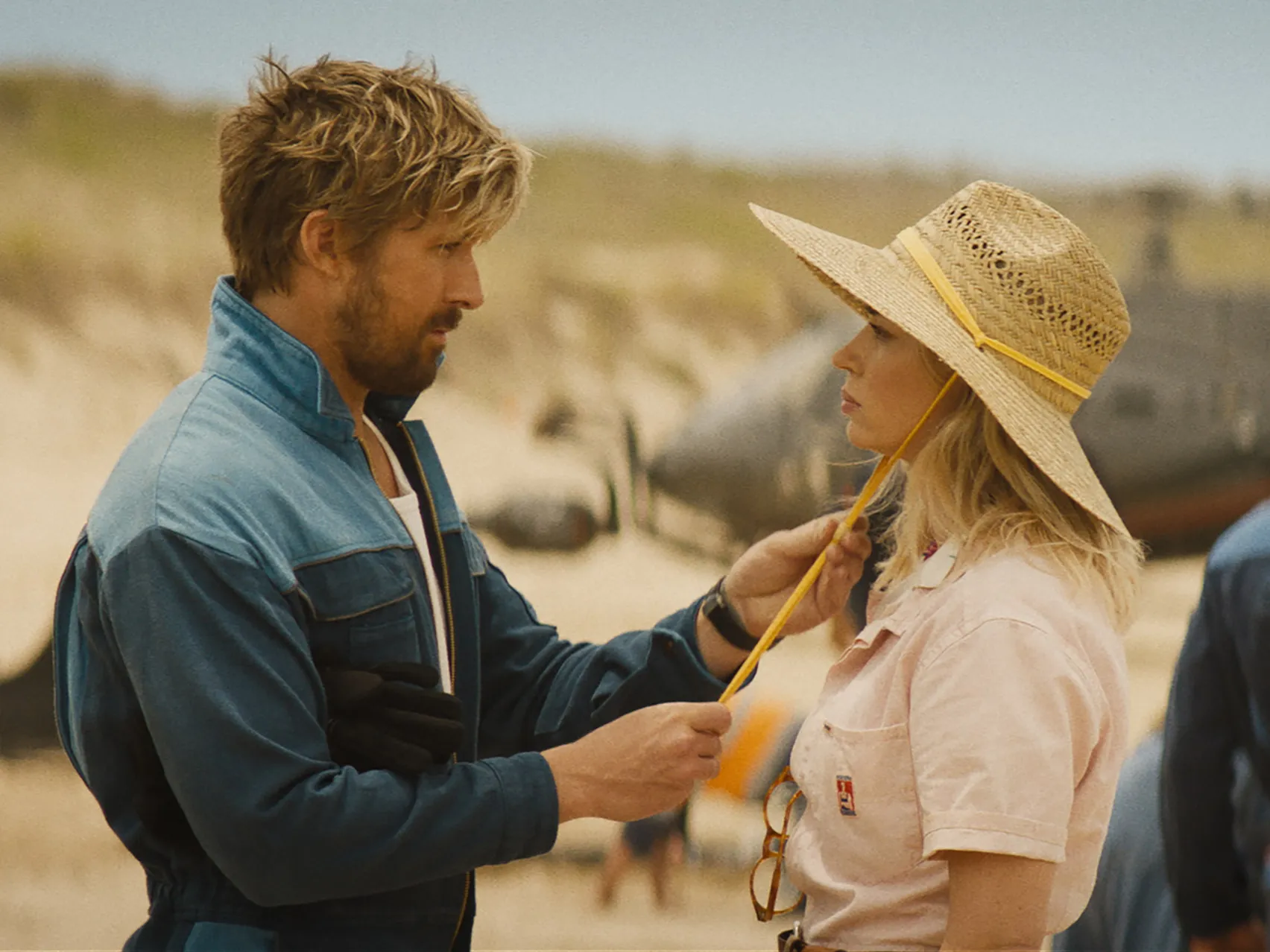After a tough start to the summer, the Hollywood film industry is in a rough spot – here’s an optimistic map to turn it around…
According to The Hollywood Reporter, there’s a new catchphrase doing the rounds in tinsel-town.
With The Fall Guy and Furiosa kick-starting what looks set to be a disappointing summer blockbuster season, execs and cinema-owners alike have apparently given up on a pretty miserable year for their accounts departments. “Just survive til ‘25” has become something of a mantra, the hope being that franchise juggernauts Jurassic City, Superman: Legacy and the return of the MCU will herald a return to the glory days of multiple billion-dollar releases per year.
But what if 2025 isn’t the saviour the blockbuster box office needs it to be? What if 2024’s lacklustre performance isn’t a temporary slump, but a sign of things to come?
After all, plenty of the problems the industry currently faces feel much bigger than any box office boom can solve on its own. Covid-19 got much of the general public out of the habit of regular cinema-going; theatrical exclusivity, once key to the big screen’s success in the home video era, has been slashed to as little as 17 days; creatives looking to make bold, adult and original content have completed their exodus into a TV industry now realising its forgotten to make any money; meanwhile, the film industry has earned itself a reputation for pumping out sequels and superheroes at the expense of everything else – neither of which are now reliably making a profit.
Bloody hell, that’s a gloomy paragraph. I haven’t even mentioned TikTok. Not to worry, though, because I have all the solutions nobody asked me for. Here’s my five-step plan to save the film industry – you’re welcome, David Zaslav.
Bring back theatrical exclusivity
Unlike everything else on this list, this step is actually incredibly easy. When the average person can wait as few as 17 days to catch all but the biggest blockbusters without leaving their house, what reason do they ever have to splash cash on a babysitter, petrol and a torso-sized Diet Coke?
Disney seems to be one of the few major studios to have realised this. After sending a string of new Pixar movies straight to streaming during the pandemic, its first original project post-Covid, Elemental, quietly became the tenth highest-grossing film of the year simply by refusing to leave cinemas or turn up on streaming for a few months. It really isn’t rocket science.
Stop trying to make $1bn
Look, I appreciate this point may not go down so well with Hollywood’s billionaire class. But I do think there needs to be some acceptance that the stupendous box office of 2019 – which saw nine films make more than a billion dollars – might not be coming back anytime soon. The superhero boom seems to be well past its peak, and there just isn’t the regular moviegoing base to replicate it even if a similarly reliable blockbuster trend takes its place. In an increasingly segregated popular culture, creating a genuine four-quadrant hit might not even be a realistic goal anymore.
More plausible is the idea Hollywood could thrive on smaller, more directly targeted hits. A year like 2024, when the highest-grossing film might make something in the $700m range, doesn’t look so bad if it can be backed up by plenty of $100m – $200m successes. Which brings me to another, even more unpopular point…
Make more mid-budget films
Yes, this looks a lot like wishful thinking. But when Hollywood execs seem unable to predict hits with the confidence of even a few years ago, spending a studio’s entire budget on a handful of splashy IP, to me, seems just as naive. In an environment where a $200m budget is just as likely to break through into the mainstream as a $90m one, why would you ever spend $200m?
More than simply throwing art at the wall and hoping it sticks, this might have the dual benefit of getting people back into the habit of cinemagoing purely by increasing the number of films on offer. There’re only so many times one can go back for repeat viewings of The Garfield Movie, after all.
Turn off the sequel tap
You thought the last point was overly optimistic? Again, this one is more about reinforcing habit than anything else. Like it or not, the film industry has earned itself a reputation for churning out sequels, superheroes, and little else. Once that sort of popular opinion has set in, it’s a difficult one to shift. The more people get tired of what’s on offer and switch off entirely, the harder it’ll be to get them invested again.
The answer? No more sequels. Just for a bit, I promise. Take A24 as an example – a studio with a reputation for original, interesting storytelling that’s developed a cult following among the group most-likely to go to the cinema: 18 to 30-year-olds. If the industry as a whole earns back its reputation for good, crowd-pleasing and interesting stuff, there’s no reason the movies can’t earn back some much-needed cool factor.
To sum up…
I appreciate, of course, that all this is extremely unlikely to happen, if only because none of them are likely to increase profits in a single financial quarter. For years, ownership of a media company or film studio has been an easy way to print money – and it’ll take a few pretty hefty shocks to shake the industry out of that mindset.
Still, Hollywood has gone through the wringer before and come out the other side. A similar glut of bloated, expensive and unpopular entertainment in the 1960s gave rise to the New Hollywood movement – widely considered the town’s artistic golden age. Could another change 50 years on give us the same?









